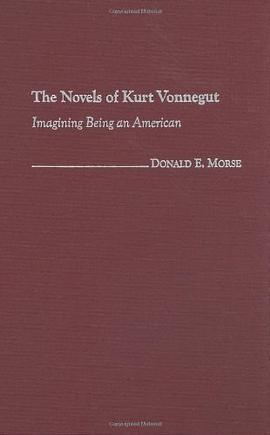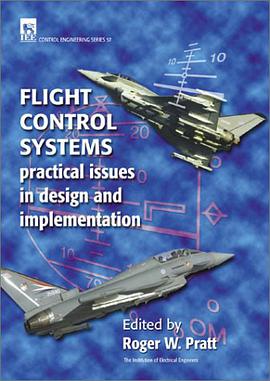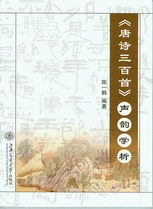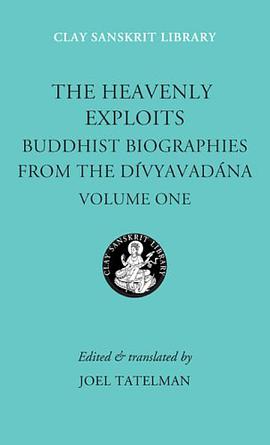

具体描述
Vonnegut belongs to what Emerson called the part of hope - but clearly restricted to this world. This title discusses all of Vonnegut's novels against the background of his other writing, events of the 20th century and the vast array of Vonnegut scholarship. In his novels he speaks eloquently and succinctly for his generation of Americans - the central generation of 20th-century Americans - thus making him the representative 20th-century American writer. His novels reflect the major traumatic public and private events that have gone into imagining being an American during that century, including the Great Depression, World War II, the Bomb, Vietnam, the weakening of social institutions, the vicissitudes of marriage and family, divorce, growing old, experiencing loss and anticipating death. The study presents a clear, well-argued view of Vonnegut's work within the context of American literature and history. Like the majority of American writers, Vonnegut is a moralistic novelist, but one who employs humour to drive home his ethical points. In many respects he most clearly resembles Mark Twain not only in being a highly ethical novelist, but also in the use of his comedy. His books serve a remarkable range of purposes - social commentary, theological discussion, ethical argument, parody, satire and prophecy. His work reflects his strong belief in the dignity and worth of all individuals, and as an American pragmatist, he reminds his readers again and again of the unfinished nature of America.
作者简介
目录信息
读后感
评分
评分
评分
评分
用户评价
相关图书
本站所有内容均为互联网搜索引擎提供的公开搜索信息,本站不存储任何数据与内容,任何内容与数据均与本站无关,如有需要请联系相关搜索引擎包括但不限于百度,google,bing,sogou 等
© 2026 book.quotespace.org All Rights Reserved. 小美书屋 版权所有




















